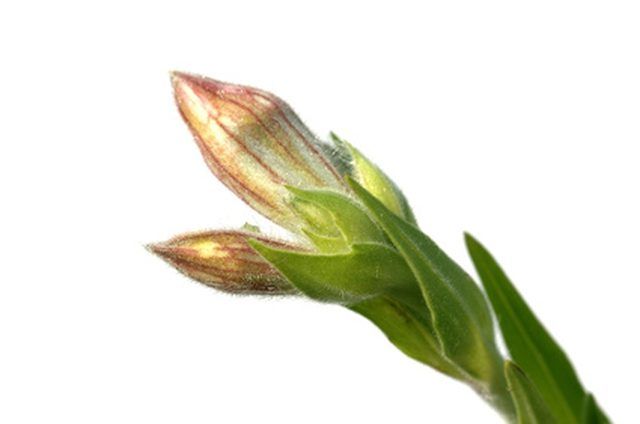Bulbs
Flower Basics
Flower Beds & Specialty Gardens
Flower Garden
Garden Furniture
Garden Gnomes
Garden Seeds
Garden Sheds
Garden Statues
Garden Tools & Supplies
Gardening Basics
Green & Organic
Groundcovers & Vines
Growing Annuals
Growing Basil
Growing Beans
Growing Berries
Growing Blueberries
Growing Cactus
Growing Corn
Growing Cotton
Growing Edibles
Growing Flowers
Growing Garlic
Growing Grapes
Growing Grass
Growing Herbs
Growing Jasmine
Growing Mint
Growing Mushrooms
Orchids
Growing Peanuts
Growing Perennials
Growing Plants
Growing Rosemary
Growing Roses
Growing Strawberries
Growing Sunflowers
Growing Thyme
Growing Tomatoes
Growing Tulips
Growing Vegetables
Herb Basics
Herb Garden
Indoor Growing
Landscaping Basics
Landscaping Patios
Landscaping Plants
Landscaping Shrubs
Landscaping Trees
Landscaping Walks & Pathways
Lawn Basics
Lawn Maintenance
Lawn Mowers
Lawn Ornaments
Lawn Planting
Lawn Tools
Outdoor Growing
Overall Landscape Planning
Pests, Weeds & Problems
Plant Basics
Rock Garden
Rose Garden
Shrubs
Soil
Specialty Gardens
Trees
Vegetable Garden
Yard Maintenance
What Parts of Plants Are Most Impacted by Mitosis?
What Parts of Plants Are Most Impacted by Mitosis?. Mitosis drives plant growth at the cellular level. Individual cells replicate their contents and then split into two, causing the elongation of stems and roots and the emergence of blossoms and leaves.

Mitosis drives plant growth at the cellular level. Individual cells replicate their contents and then split into two, causing the elongation of stems and roots and the emergence of blossoms and leaves.
Growth
Mitosis primarily occurs in regions of the plant called the meristems, according to retired Harvard University biology professor John W. Kimball's website. These rapidly growing regions are at the tips of stems and roots, where cells undergo rapid mitosis.
Function
Meristems serve the plant in several important ways. As noted, constant mitotic activity allows plants to grow rapidly. Meristems also control differentiation, forming leaves, new stems and flowers. This special tissue, called nodes, also grows rapidly because of mitosis.
Germination
Mitosis also occurs rapidly during germination and early growth of a seed. Meristematic tissue differentiates into root and shoot meristem during formation of the seed. When the seed breaks open, these two poles begin rapid growth through mitosis, beginning with the root. According to "Molecular Biology of the Cell" by Bruce Alberts, mitosis occurs every 12 hours in some species during germination.